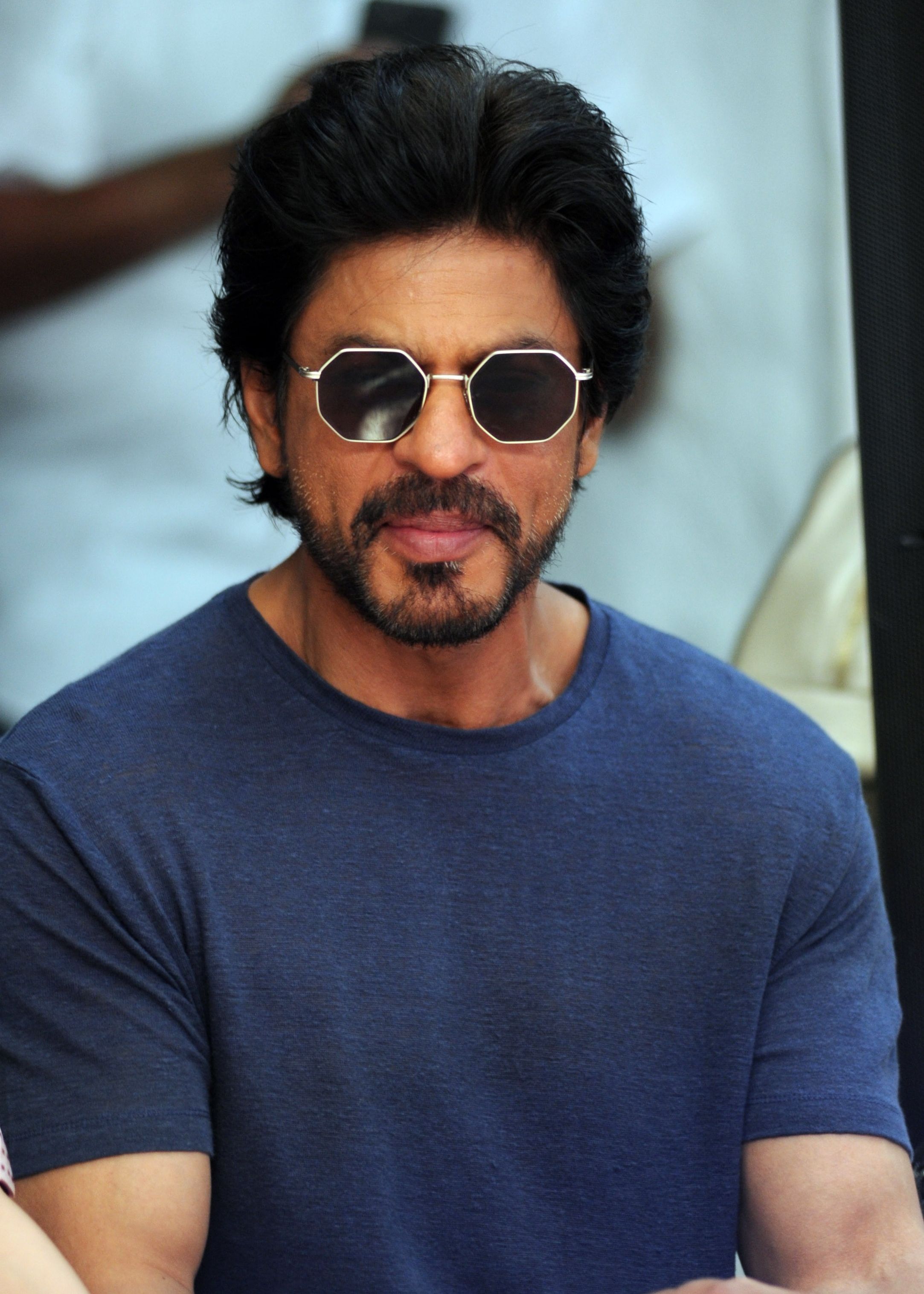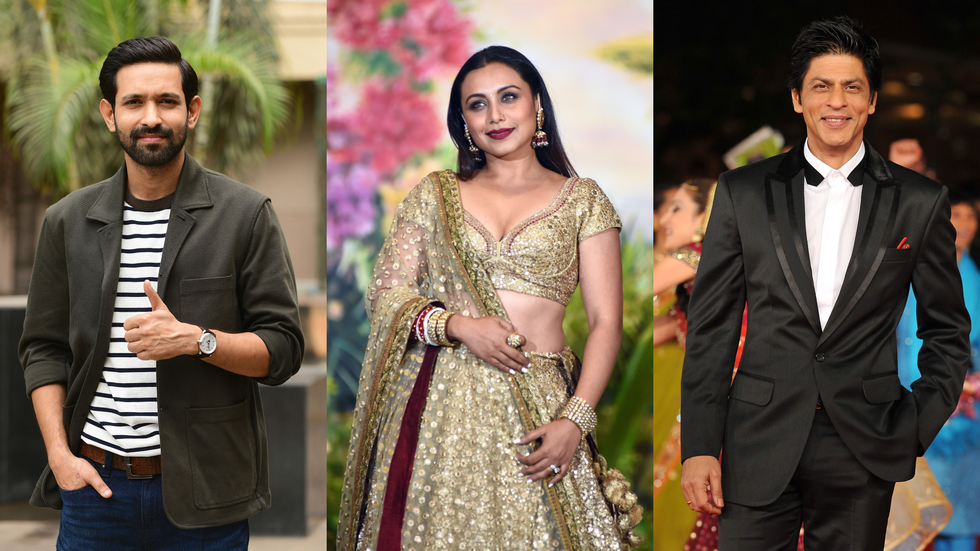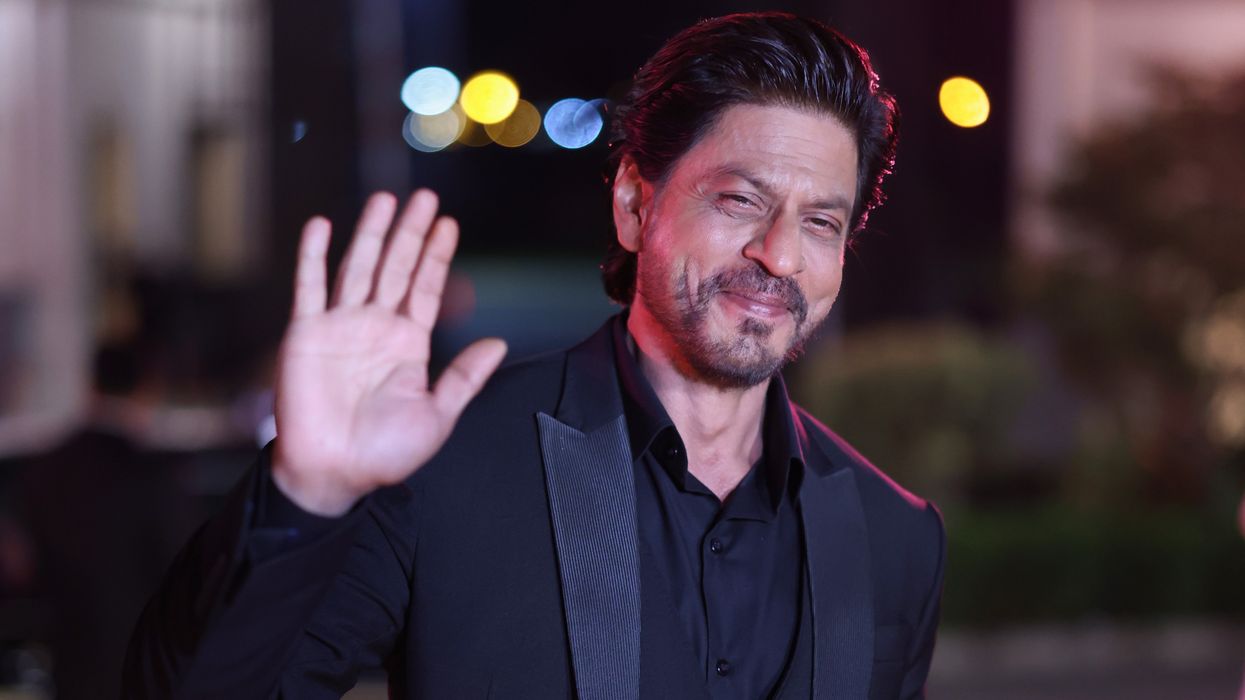Highlights:
- Shah Rukh Khan won his first National Award for Best Actor for Jawan.
- Shashi Tharoor congratulated him with a simple tweet, calling him a “National Treasure”.
- SRK’s humorous reply used the words “magniloquent” and “sesquipedalian,” amusing fans.
- The exchange quickly went viral, with fans praising Khan’s charm and Tharoor’s wit.
Shah Rukh Khan’s National Award win for his performance in Jawan has not only thrilled fans but also sparked a trending exchange with politician Shashi Tharoor that’s got the internet talking. When Tharoor, known for his sophisticated vocabulary, kept it simple while congratulating the superstar, Khan responded with a hilariously highbrow comeback, leading netizens on a quick Google search to decode his words.

Why did Shah Rukh Khan mention “magniloquent” and “sesquipedalian”?
After the 71st National Film Awards announced Shah Rukh Khan as Best Actor for Jawan, Shashi Tharoor posted on X: “A National Treasure wins a National Award! Congratulations @iamsrk!”
In a classic display of wit, Khan replied: “Thank u for the simple praise Mr Tharoor… would not have understood something more magniloquent and sesquipedalian… ha ha.”
The choice of words, both complex and rarely used, sparked curiosity online. According to the Oxford Dictionary, “magniloquent” refers to speaking in a lofty or pompous style, while “sesquipedalian” means using long or obscure words.
The actor’s clever nod to Tharoor’s well-known linguistic flair had fans cracking up, with many joking that SRK had just “out-Tharoored Tharoor.”
What was Shah Rukh Khan awarded for?
Khan earned his first-ever National Film Award in 33 years for his role in Jawan, directed by Atlee. The 2023 film became a massive commercial success and featured him in a double role as Vikram Rathore, a former soldier, and Azad, his jailor son who fights against corruption. The high-octane action film not only entertained audiences but also resonated with its message about justice and systemic change.
Vikrant Massey shared the Best Actor honour for his role in 12th Fail, making it a rare tie in the category, while Rani Mukherjee won the award for the Best Actress.

How did fans and celebrities react to Shah Rukh Khan’s win?
The congratulatory messages poured in from across the industry. Wife Gauri Khan celebrated her husband’s milestone, posting: “Three of my absolute favourites just WON big… So proud, and so ready to brag about them forever!”
SRK cheekily responded: “Please brag about me to me when we sit for dinner tonight… thanks for producing the film.”
Director Atlee also shared an emotional note thanking Khan for trusting him with Jawan, to which the actor replied in his signature quirky style: “MAAASSS MAAASSS MAASSS… In the next song, we will do more steps. Love u.”
Actor Riddhi Dogra, who played SRK’s mother in the film, posted her heartfelt congratulations as well, prompting Khan to respond, “Big hugs… and thank u for mother ka aashirwad!”
What did Shah Rukh Khan say in his video message?
To mark the occasion, Khan released a short video message on Instagram, expressing deep gratitude for the recognition. “To be honoured with the National Award is a moment that I will cherish for a lifetime,” he said. He thanked the award jury, the Ministry of Information and Broadcasting, his directors, producers, family, and fans for their continued support.
Known for his signature open-arm pose, Khan joked that he was slightly injured and couldn’t strike the pose at the moment but promised fans he would be back soon on the big screen. “Keep the popcorn ready,” he said with a wink.





